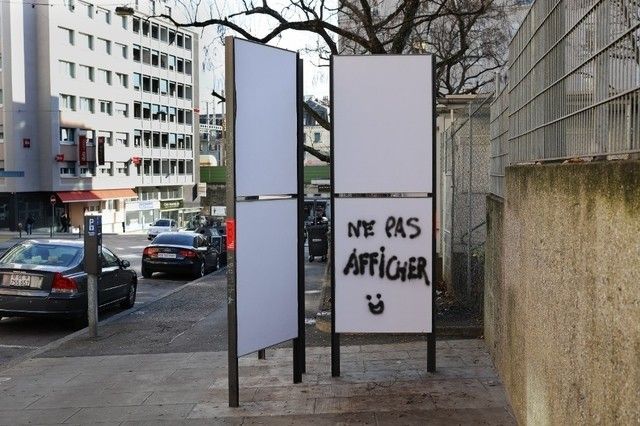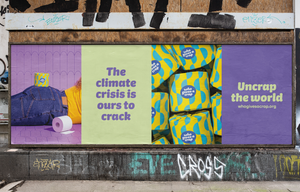Did you know that the origins of advertising bans can be traced back to Brazil?
The movement to ban advertising in public spaces, which is now gaining momentum globally, had its origins in Sao Paulo, Brazil. In 2007, the city took a groundbreaking step by removing 15,000 billboards and 300,000 storefront advertisements, becoming the first city to virtually outlaw corporate advertising.
Following Sao Paolo's lead, other cities worldwide embraced the concept of freeing streets from ads. In 2014, Grenoble, France, replaced all billboards with trees and neighbourhood noticeboards, while Amsterdam became the first city to prohibit advertisements for high-carbon sectors in 2021. In 2023, the district of Vernier, in Geneva, Switzerland followed suit.

In the UK, the #badvertising campaign group calls for an end to all ads exacerbating the climate emergency, particularly related to cars, airlines, and fossil fuels. The #AdfreeCities group advocates for eliminating public space advertising, replacing it with public art, graffiti, or murals. Tehran took a unique approach in 2015 by replacing all billboard displays with artworks by grand masters.
The movement raises questions about the impact of advertisements on our urban landscapes and consumer behaviour. Advertisements have long been seen as a form of art, imagination, and creative expression, but the growing desire to reclaim streets suggests a shift in priorities towards eco-consciousness and sustainability.

The journey towards ad-free cities reflects a collective awakening to the state of our planet and the need to reassess the role of advertising in driving consumerism and growth. It invites us to consider whether we want to remain consumers surrounded by advertising or become more creative individuals inspired by public art and nature. As the movement spreads, cities worldwide are grappling with the question of whether advertising belongs in their public spaces.
Share your thoughts
Should street advertising be banned or minimised? Would you rather see art than adverts? What about just banning climate intensive products? Let us know on LinkedIn.






